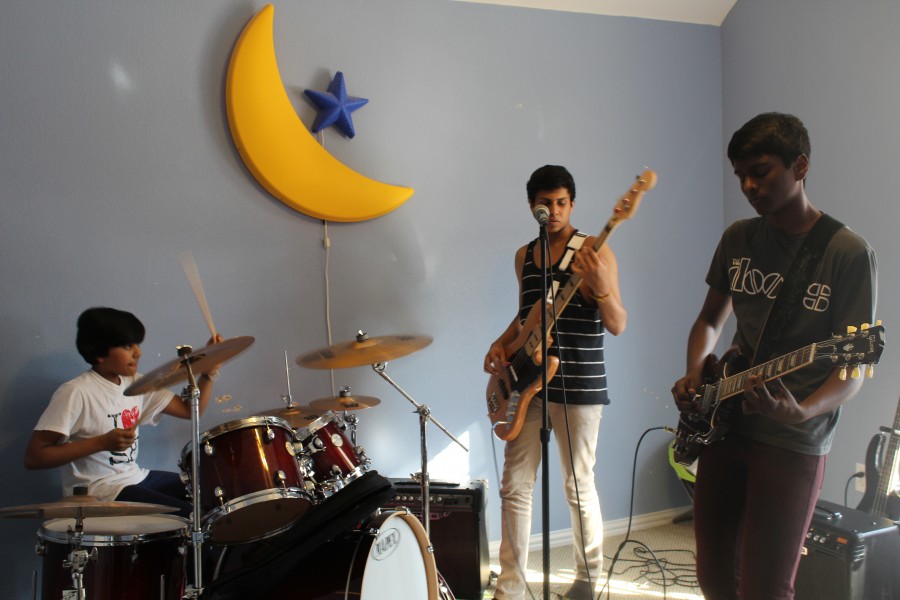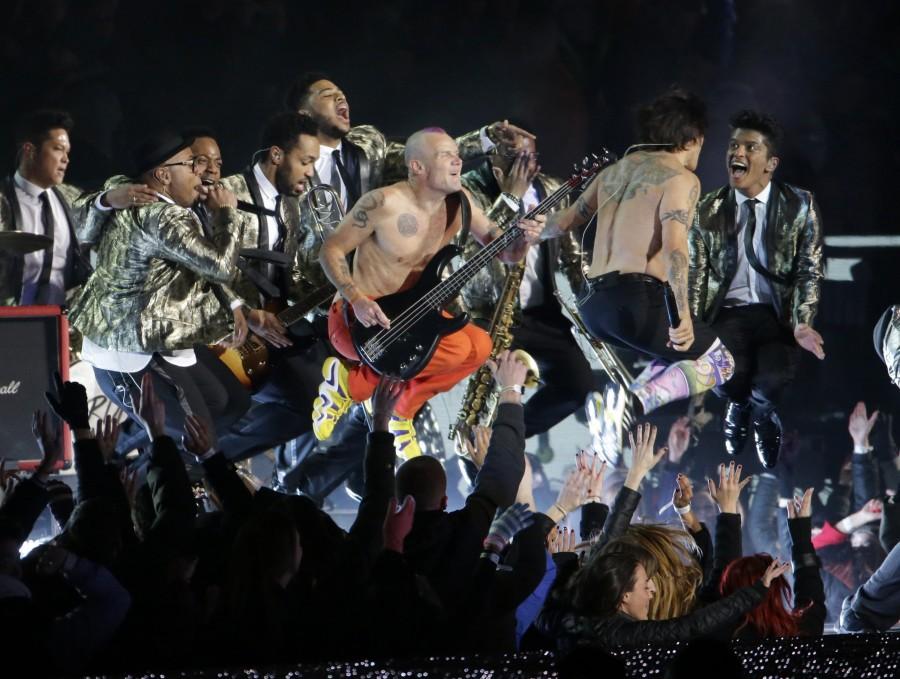By Rebecca Fowler
Staff Writer
If you haven’t heard of the Kindle yet, you will.
Largely growing in popularity, this little device is greatly altering the way we read and gain information. It is an electronic book reader produced by Amazon which allows users to purchase books directly from the device and download them into a library of books.
The Kindle can hold approximately 1500 books, making it much easier for book-lovers to travel without toting boxes and boxes of novels. It is also lightweight and energy-efficient.
Though to bookworms Kindles may seem to be the best thing since sliced bread, I have to say that I am not a fan of them. Of course, I see their efficiency and convenience, especially to those who practically inhale books but are constantly on the go, but I also think they are taking away the one physical remnant we have left of real reading.
With the invention of the internet, many magazines, newspapers, encyclopedias and other sources of information have been taken out of our hands and placed on a screen. I was happy as long as I had my books, but now those are on the verge of extinction as well.
There is something about actually holding a novel in your hands, physically turning and smelling the pages, feeling the binding and paper on your skin and seeing the covers the way they were designed to be viewed rather than on a small screen. Call me nostalgic, but I also love the way reading connects me to hundreds of generations. I like the subconscious knowledge that famous leaders, fighters and authors—and even average citizens—flipped the pages of books to help solve problems, make decisions and pass the time just as we do today.
Yes, we will ultimately receive the same information using Kindles and other electronic book readers, but we will also miss out on an incredible experience that can only be found by curling up on a couch with a real book. And as I watch the word “download” come to pertain to novels, I will persistently prefer the word “print” any day.






